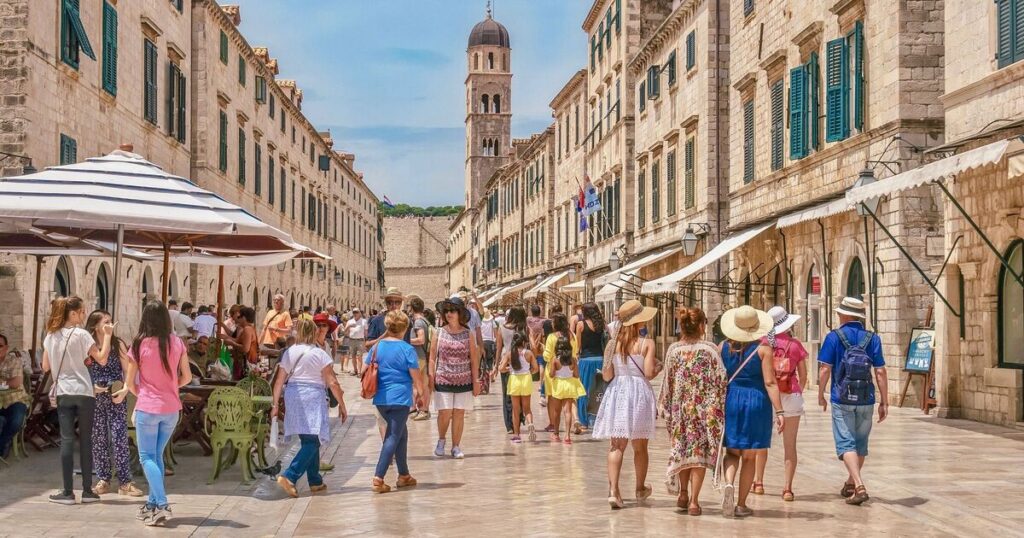As the summer season hits Croatia's Adriatic coast, residents and visitors alike feel the impact of a major rise in retail prices. Data collected in recent weeks shows that prices for essential items in popular coastal towns in the Balkan country have jumped significantly.
The most sharp increase has been recorded in Tribunj, a village known for its waterfront cafes in southern Croatia, with costs rising 10.38%. Prices for everyday essentials make dark pictures. A pack of toilet paper worth 2.79 euros (2.38 pounds) in the capital Zagreb is currently on sale for 3.32 euros (2.84 pounds) at Tribunj, which is currently an increase of 19.1%. Cleaning products increased from 2.59 euros (2.21 pounds) to 2.99 euros (2.55 pounds), while liters of yogurt rose from 0.99 euros (0.85 pounds) to 1.08 euros (0.92 pounds).
“These are basic items people have to buy, especially in tourist apartments, and the prices are even higher,” economist Mladen Vedriš explains, saying in small towns like Jling, toilet paper has already increased by 17%.
Government mandatory transparency in retail pricing has led to the development of apps that track nearly 9 million product prices nationwide. These tools reveal the growing seasonal inflation along the coast.
According to RTL DiRekt, Tribunj tops the list with a 10.38% rise, followed by Posedarje (10.1%), Pakoštane and Pomer (10%) and Pašman (9.96%). Vedriš warns that if this trend continues for the entire year, it could exceed 20% per year.
In the metropolitan cities that appear to have descended lighter, split saw price increases of over 1%, while Dubrovnik is for nearly 3%.
Surprisingly, it's not the food that saw the biggest spikes. This was spotted with hygiene products. Comparisons of prices on the mainland and coastal areas show significant differences.
For example, diapers cost 14.99 euros (£12.80) inland, but on the coast they have to diverge €25.99 (£22.20) that catches eye by locals and tourists. On the other hand, basic toothpaste can cost as much as 6 euros (£5.13), but inland can be found for half that price. Chocolate bars, which normally sell on the mainland for 2 euros (£1.71), can earn up to 8 euros (£6.83) at beach shops.
For many, this is a familiar pattern now. “It's become normal — every summer brings new prices,” says Luzika of Split. “Where do I see what I buy,” she added. “Food and hygiene items are constantly rising, especially as a student. Everything is expensive,” said Rushija of Split.
Price increases are already beginning to affect visitor behavior. Experts suggest that tourists will increasingly bring their own supplies to reduce spending during their stay.
“This definitely affects inflation and tourism season. Guests are calculating what they can get for their money, the cost of accommodation. Many people are already in stock. They're not bringing a can of putty soon, they'll also have toilet paper.”


